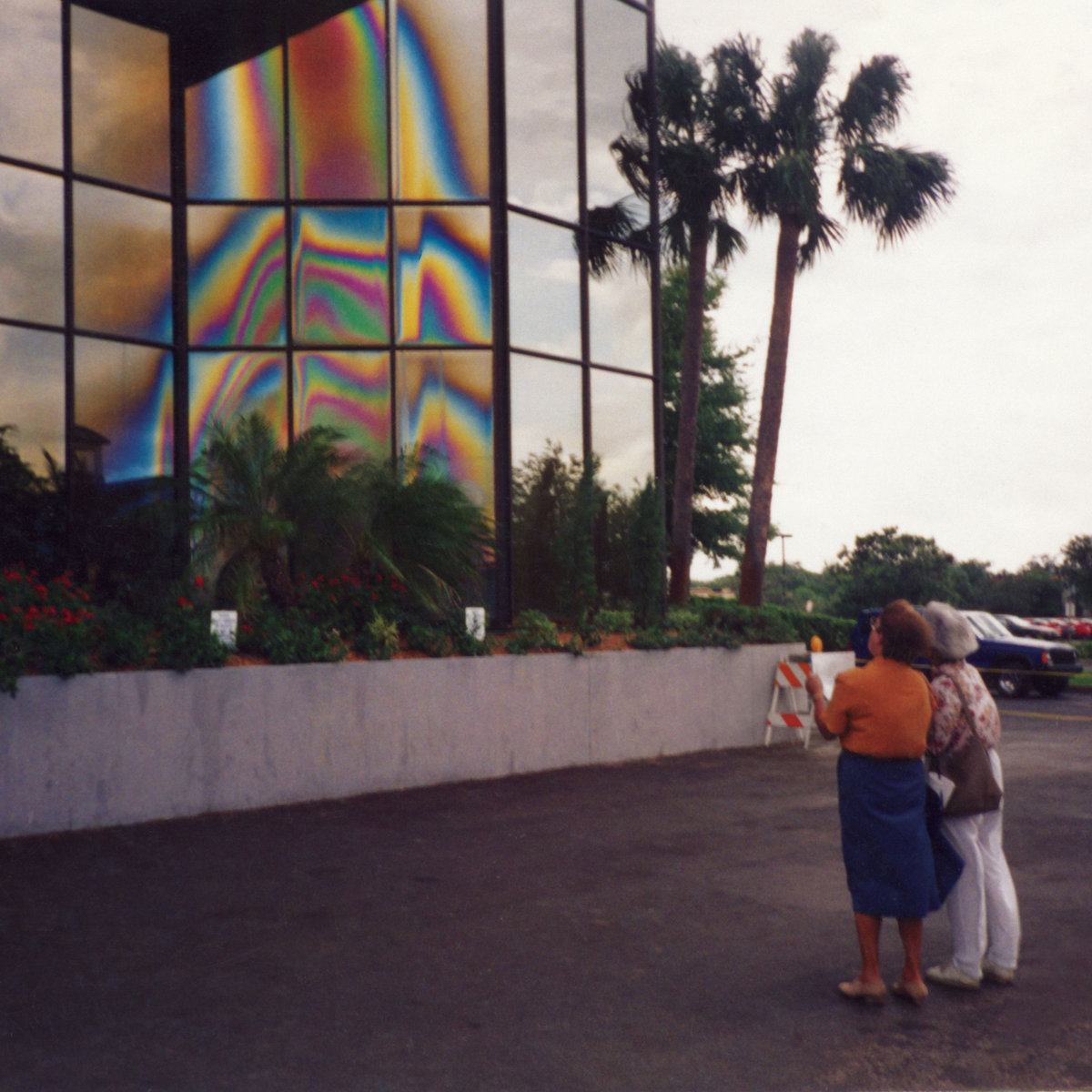Mary Lattimore & Paul Sukeena
West Kensington
THREE LOBED
About a year ago, the United States government outright admitted, “We have evidence that there are aliens.” This revelation is the kind that would theoretically fuel revolutions, zeitgeist shifts, world peace, or widespread chaos. And yet, due to the bizarre happenings on our own planet, such a massive unveiling was met with…nothing, really. It’s barely fed into the public conscious at all, just crackled into the discourse like a sparkler in a wildfire.
Mary Lattimore and Paul Sukeena meet the world where it is in this sense, channeling awe in the face of a greatly confusing era. They’re two earthlings making sounds in the vast unknown that is our terrestrial home, evoking the vastness of space, but keeping it hyper-local. The wide universe is at their disposal, and yet their album West Kensington is ambient music at its homiest and most organic. Friends, neighbors, and pod buddies, Sukeena and Lattimore siphon their hometown of Philadelphia through a lens of wonder. Recorded at the beginning of the pandemic, the album is graceful, patient, and unusual.
While Sukeena has toured with alt-country greats like Steve Gunn and Angel Olsen, Lattimore brings her multi-instrumentalism and ambient bliss into a widescreen awe. “Didn’t See the Comet” is a twangy, scopic meditation which invokes the harmony in being where you are at any moment. “Hundred Dollar Hoagie”—god, these song titles are good—sounds something akin to a whale funeral. It’s noble and epic, with rubbery synths and a guitar wailing like a solemn horn of plenty. “Flaming Cherries Jubilee at Antoine’s” is an unraveling piece with each instrument having its moment—guitar, synth, and harp, all sizzling in echoey reverb. Everything culminates in the peaceful final track “Garage Wine,” with atmospheric twinkles stretched out over nine minutes. It doesn’t stand out much, but leaves a lasting impression of the record.
Aliens aside, there’s much to be in awe of when considering our times. The kinship and hope on this record are landmarks themselves. The great silence of the pandemic has allowed so much to blossom and wilt, in free form. It’s all terrifying and beautiful and endlessly confounding. We can only hope to take it all in and create something so grounded.







